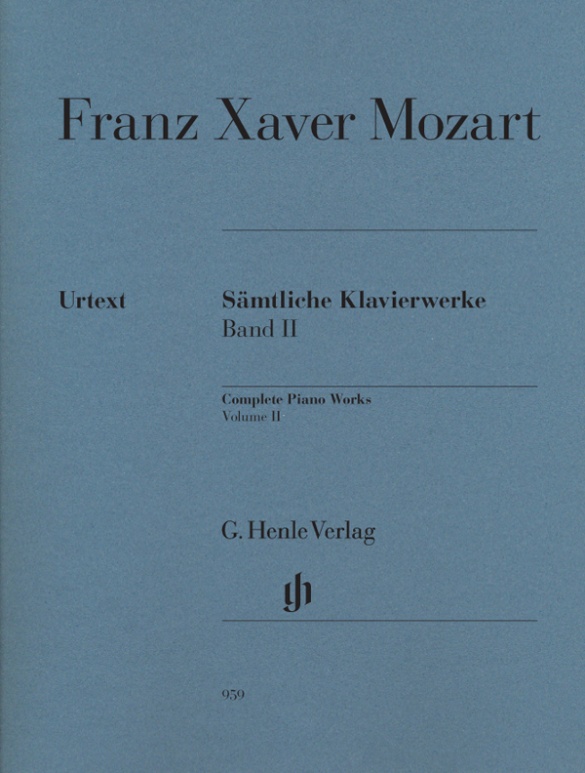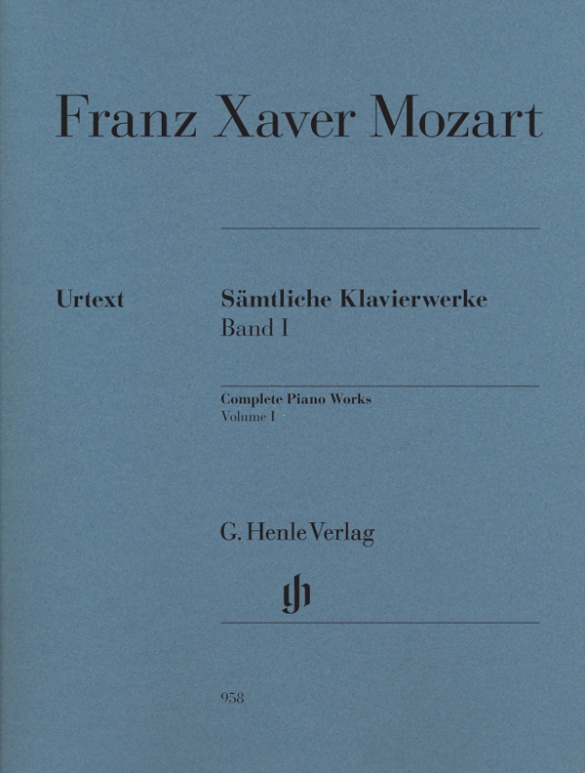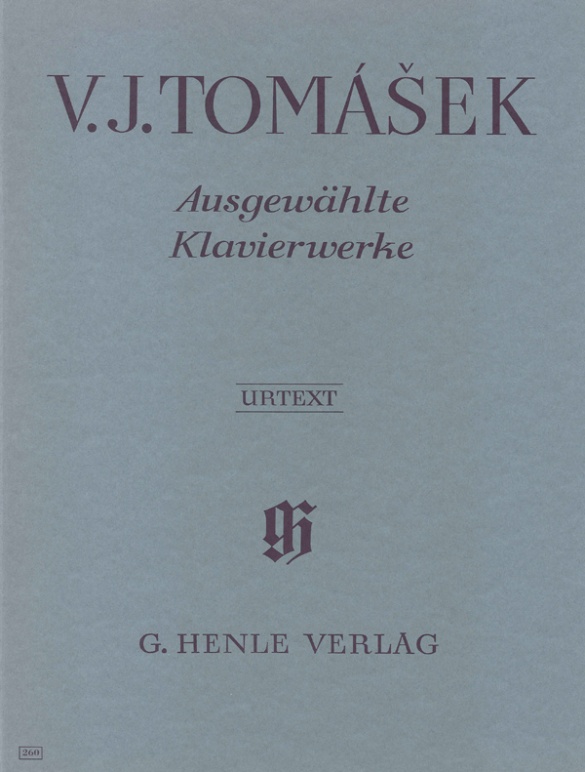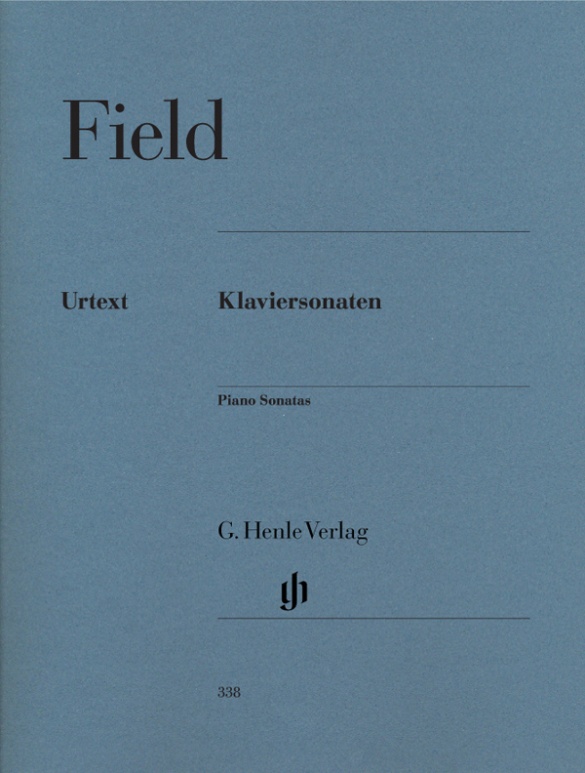Franz Xaver Mozart
Complete Piano Works, Volume II
> At the time, Franz Xaver Mozart was described as follows: "His playing is clear, precise, expressive and full of intellect and emotion". Unlike masters of the keyboard such as Moscheles or Hummel he was not primarily a virtuoso, which is why his works are also attractive for amateurs. Alongside numerous individual works this volume also contains several cadenzas for piano concertos by his famous father, which we are able to publish for the first time thanks to the autographs.More information
内容/詳細
作曲家について
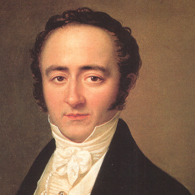
Franz Xaver Mozart
Austrian composer and pianist. In addition to his compositions for piano (including concerti, sonatas, polonaises) he wrote song cycles, chamber music, and other things. His transcriptions of works by his father are important in the reception history of Wolfgang Amadeus Mozart.
| 1791 | Born in Vienna on July 26, the youngest son of Wolfgang Amadeus Mozart. His mother Constanze set him on an early path toward a career in music. In Prague he receives his first piano lessons from Franz Xaver Niemetschek, and in Vienna he is taught by Johann Nepomuk Hummel, Antonio Salieri, and Johann Georg Albrechtsberger, among others. |
| 1802 | His Piano Quartet in G minor, op. 1, is published. |
| 1808–10 | In Pidkamin, Galicia, near Lemberg (Lviv), he is appointed personal music teacher to the children of Count Baworowski. |
| from 1813 | Works as a freelance composer and teacher. |
| 1818 | Genesis and publication of his Piano Concerto in E-flat major, op. 25. |
| 1819–22 | An extended artistic tour takes him through the metropolises of Europe, including Prague, Copenhagen, Warsaw, Berlin, Venice, and Salzburg. |
| 1826 | He founds the St Cecilia Choir of Lviv. |
| 1838 | Back in Vienna he gives concerts and teaches. Ernst Pauer is among his pupils. |
| 1841 | He is named honorary music director of the Salzburg Cathedral Music Society, and of the Mozarteum. His inaugural winter concert that year popularizes Chopin’s works in Vienna. |
| 1842 | He performs in Salzburg as part of ceremonies to consecrate the monument honoring his father. |
| 1844 | Dies in Carlsbad (Karlovy Vary) on July 29. |
校訂者や運指担当者について
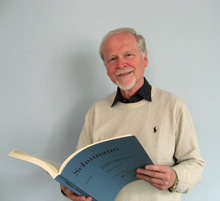
Rolf Koenen (運指)
As a pupil, Prof. Rolf Koenen, born in 1946 in Duisburg, had already had contact with Ewald Zimmermann, the first editor at the young publishing house. He studied the piano at the Folkwangschule in Essen with Detlef Kraus, with Ludwig Hoffmann in Munich and with Maria Tipo in Florence.
He gave concerts in a permanent duo partnership with Hansjörg Schellenberger, who was later to become the solo oboe player with the Berlin Philharmonic, and made several recordings with the Deutsche Grammophon-Gesellschaft, with Denon and Sony. Other chamber music partners included András Adorján, Stefan Dohr, Wolfgang Schulz, Claes H. Ahnsjö. Following a teaching position in Munich, Rolf Koenen was appointed as a professor at the Berlin University of the Arts in 1982.
製品安全に関する情報

G. Henle Verlag
製品の製造元に関する情報はこちらでご覧いただけます。G. Henle Verlag
Forstenrieder Allee 122
81476 München
info@henle.de
www.henle.com
To have these works now complete in a two volume set is most welcome. Certainly there are individual works that will sit very well within mixed recitals.
Harpsichord and Fortepian, 2014Vooral de ietwat weemoedige mineurstukken zijn bijzonder mooi door hun harmonische vondsten ..., exotische toonsoorten ..., orkestrale textuur ... en Chopineske figuraties ...
Pianowereld, 2012Elsewhere in this fascinating anthology we have some well-crafted if rather anonymus teaching pieces for elementary players, and excellent cadenzas for the piano concertos K467, 450, 466 (finale) and 503 from his father's oeuvre. ... This is a revelatory and laudable issue in every respect.
International Piano, 2012Questa nuova edizione renderà in parte giustizia al "figlio di Amadeus".
Suonare News, 2013Henle's preface and general editing is excellent.
Music Teacher Magazine, 2013おすすめ
autogenerated_cross_selling
このタイトルを含む他の版
このタイトルを含む他の版


